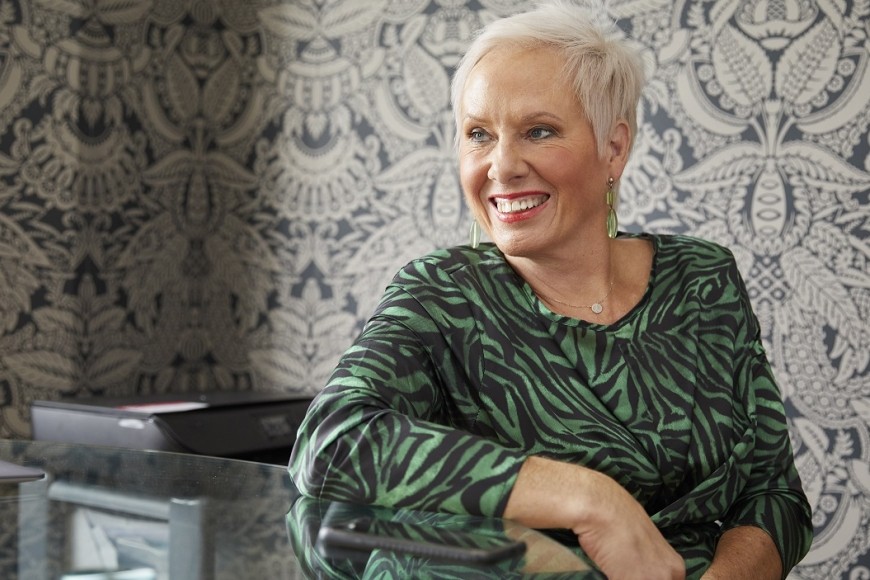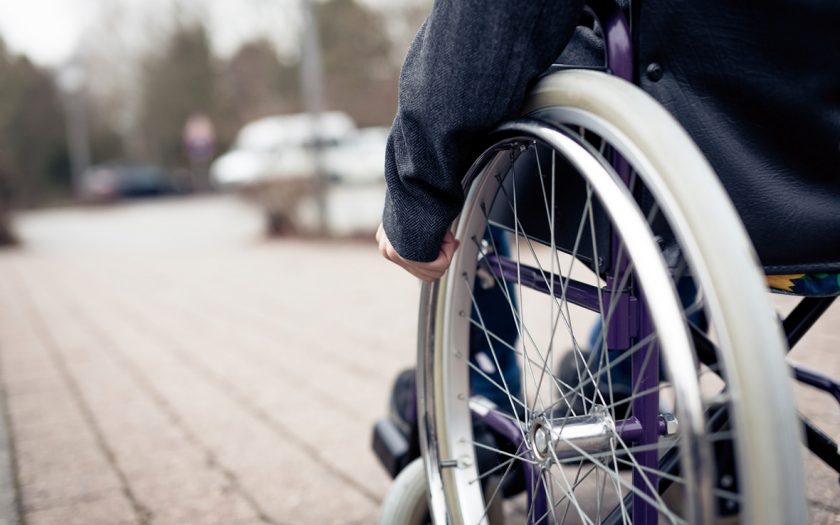From the ‘Leonard Cheshire’ charity
Rising costs are a catastrophe for disabled people
Around one in four working-age disabled people in the UK struggle to pay for essentials like food and heating, as their budgets get stretched to breaking point.

- New research paints a bleak picture of disabled people struggling to pay for essentials.
- More than 600,000 disabled people in the UK estimated to have £10 or less per week to pay for food and other costs.
- More than half left anxious, depressed or hopeless by financial worries.
- Around a quarter surveyed in 2022 had missed meals or not heated their homes.
Disabled people must be prioritised for financial support, says disability charity Leonard Cheshire. The charity’s UK-wide research revealed how around 600,000 disabled people already have just £10 or less per week to pay for food and other essentials.
With food, energy and fuel cost rises set to skyrocket in the coming year, the impact on disabled people could be catastrophic.
A quarter of those polled (25%) in the nationally representative survey said they had missed a meal because they could not afford it. Meanwhile, over a quarter (28%) had not been able to afford to keep their home warm. A third (30%) had asked for financial help from friends or family.

One disabled person told the charity:
“From just being able to survive with creative cost cutting, it has now become impossible”. They had to resort to only eating foods that do not need cooking, wearing the same clothes many days to limit washing machine use and showering in cold water.
Another said: “It’s either heat or eat. I live on pasta and noodles. No nights out, no fun. No money for equipment. Stuck at home and socially isolated!”
The mental health impact of financial pressures on disabled people is stark. Over half (55%) said they felt anxious, depressed or hopeless about financial worries and problems.
“I feel like I’m spiralling out of control in costs. It increases my worries in this cost-of-living crisis,” explained Kyle, a university student who has been relying on food banks. “It has impacted my social life. I have to turn down social opportunities. I haven’t got the money to meet up.”
Shockingly, 7%, which is the equivalent of more than half a million (612,710) disabled people if applied across the UK, had £10 or less left per week for food and other essentials after paying for housing, tax and other bills*. Meanwhile, a third (33%) of those surveyed reported having £50 or less per week left.
The poverty rate among working age disabled adults is almost twice as high as non-disabled working age adults.**
Leonard Cheshire believes by not increasing benefits in line with inflation this year and effectively cutting support in real terms, the government risks pushing disabled people below the breadline. Lack of adequate social care is also compounding the financial difficulties faced by disabled people, including limiting their ability to work.
Recent government policies and lack of action is widening inequality, says the charity. Changes to the Warm Home Discount will cut eligibility for almost 300,000 disabled people.
The charity wants the government to increase benefits in line with inflation and to reverse proposed changes to the Warm Home Discount. Better access to social care would also boost incomes for disabled people, with a quarter (24%) of disabled people surveyed saying they had been unable to work due to inadequate social care support.

Ruth Owen OBE, CEO of Leonard Cheshire
Ruth said; “How can anyone manage a weekly shop with £10? Many disabled people face impossible choices and are living day-by-day on a financial knife edge. The Government needs to recognise this and urgently act to avoid a desperate situation becoming a catastrophe.
“Last year, disabled people were telling us that they wanted to be able to ‘thrive and not just survive’ through better access to social care. Distressingly, the situation is deteriorating. The cost-of-living crisis is pushing more and more disabled people to despair and into poverty.
“Individuals on very low incomes can face unavoidable extra costs daily just to manage their condition. The strain these budgets will be under in the coming months will be seismic.”

